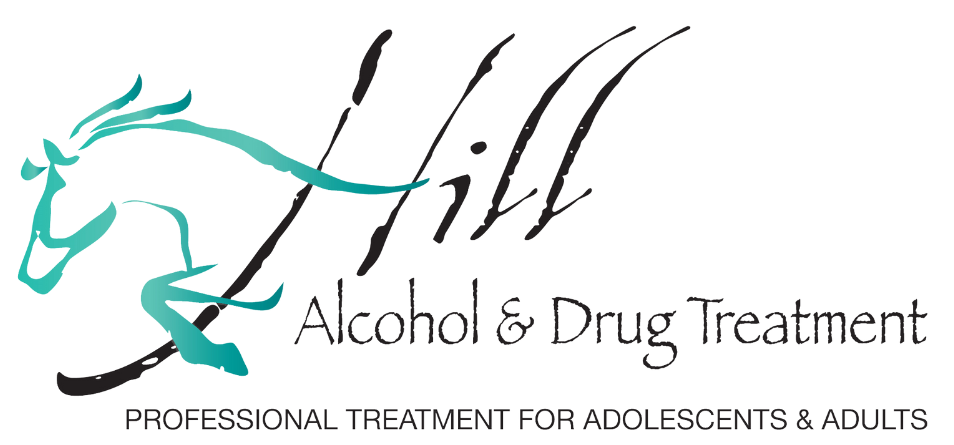The Truth is most addiction treatment occurs in outpatient settings, in the patient’s home community. These settings vary from evening programs to day treatment and provide all the clinical components of inpatient care, while still allowing the patient to hill recovery alcohol and drug treatment and return home each night to their family. Multiple studies have proven that outpatient addiction treatment is at least as effective as inpatient.
While some patients require hospitalization, that hospitalization may include just a few days of stabilization. Each individual presents with different conditions and treatment needs. The assessment process, therefore, is of utmost importance.
Hill Recovery Alcohol and Drug Treatment facility provides comprehensive patient evaluations for $200 (unless covered by insurance). Choosing the right treatment setting, or combination of settings, is paramount to a successful outcome.
Common Addiction Questions
What does addiction to the brain?
Once a chemical enters the brain, it can cause people to lose control of their impulses or crave a harmful substance. When someone develops an addiction, the brain craves the reward of the substance. This is due to the intense stimulation of the brain’s reward system. In response, many continue use of the substance, unlocking a host of euphoric feelings and strange behavioral traits. Long-term addiction can have severe outcomes, such as brain damage, and can even result in death.
Is addiction a disease?
Addiction is defined as a disease by most medical associations, including the American Medical Association and the American Society of Addiction Medicine.
Like diabetes, cancer and heart disease, addiction is caused by a combination of behavioral, environmental and biological factors. Genetic risks factors account for about half of the likelihood that an individual will develop addiction.
The consequences of untreated addiction often include other physical and mental health disorders that require medical attention. If left untreated over time, addiction becomes more severe, disabling and life threatening.
What does it mean to be addicted to something?
Addiction is a term that means compulsive physiological need for and use of a habit-forming substance (like heroin or nicotine), characterized by tolerance and well-defined physiological symptoms upon withdrawal; it has also been used more broadly to refer to compulsive use of a substance known by the user to be physically, psychologically, or socially harmful.
What’s it like to be addicted to drugs?
Many people don’t understand why or how other people become addicted to drugs. They may mistakenly think that those who use drugs lack moral principles or willpower and that they could stop their drug use simply by choosing to. In reality, drug addiction is a complex disease, and quitting usually takes more than good intentions or a strong will. Drugs change the brain in ways that make quitting hard, even for those who want to. Fortunately, researchers know more than ever about how drugs affect the brain and have found treatments that can help people recover from drug addiction and lead productive lives.
